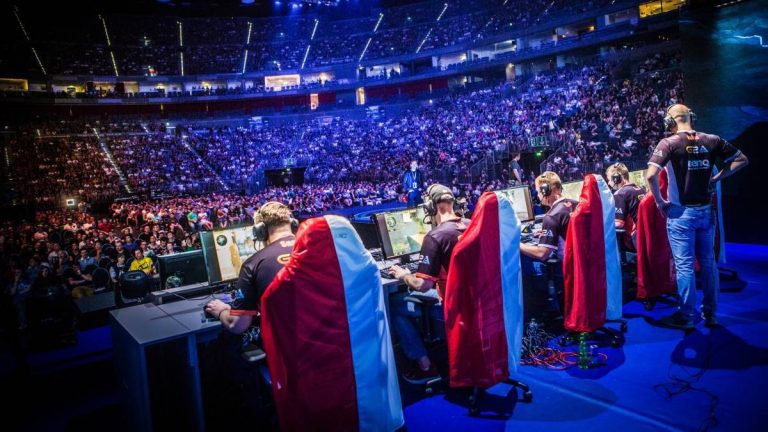Image: Call of Duty series by Activision
Legal disputes are not uncommon in the video game industry, however, the recent case of “Call of Duty” and “Humvee” has been one of the most curious and significant.
In summary, in 2017, Activision was sued (in the United States of America) by AM General, the manufacturers of the renowned military vehicle “Humvee”, for the use of the famous vehicle in the video game series “Call of Duty”. AM General claims that Activision does not have the proper license to use the “Humvee” in its games, however, it has “reaped billions of dollars in revenue from its illegal acts and … irreparably harmed AM General by causing significant confusion” amongst consumers. For its part, Activision defended their position, indicating that they were exercising their right to freedom of expression (protected by the first amendment of the United States Constitution). The case was resolved in early April 2020, dismissing AM General’s lawsuit and thus granting Activision the right to use the vehicle in its video games.
What is relevant in this case is that the judge inadvertently intervened in a recurring discussion about video games. If reality is an artistic objective, then is the use of certain third-party intellectual property protected under the first amendment? As indicated by the ruling in this case, it is. The U.S. District Court Judge George B. Daniels has indicated that “If realism is an artistic goal, then the presence in modern warfare games of vehicles employed by actual militaries undoubtedly furthers that goal.”
Therefore, Activision and those who develop video games are protected under the first amendment against the use of intellectual property of third parties when it has artistic relevance, promotes the realism of creation and the parties involved do not compete directly with each other.
This ruling signifies a profound impact for the developers of future video games since it safeguards the use of third-party intellectual property without the due consent, in the understanding that said use is an artistic expression that is intended to incorporate the reality of the world that is intended to represent.




